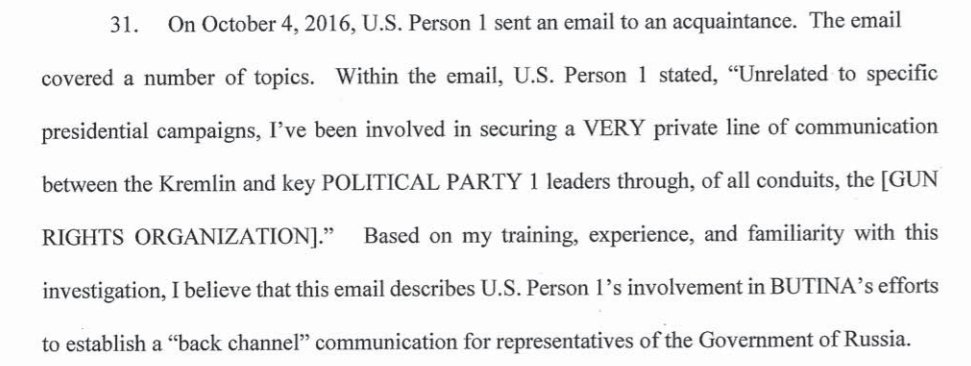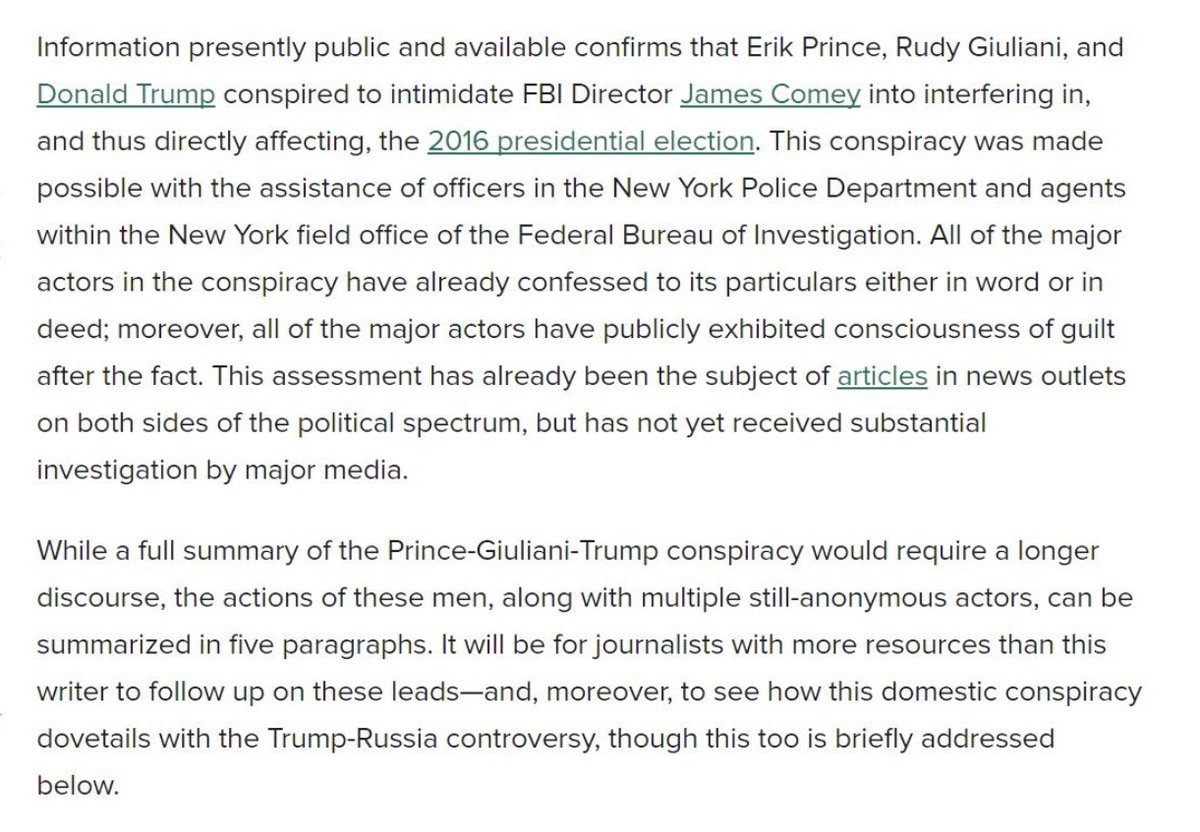
1. They confirm the accuracy of Steele's dossier.
2. They underscore that Putin will keep meddling in our elections to undermine our confidence in their results.
3. They underscore Trump's exploitation of fake news.
4. They underscore that Trump is doing nothing to protect American democracy—deliberately—and social media mavens far too little.
5. They start the process of media—and Mueller—considering whether Trump's 2016 campaign was involved in helping the Russians micro-target voters.
6. They establish how well-funded, and imply how profoundly Kremlin-backed, the Russian disinformation campaign was.
7. They buy Mueller more time before Trump tries to fire him, and indeed make it harder for Trump to fire him at all.
8. They decimate Trump's "hoax" argument.
9. They start a conversation about Trump's use of fake news *pre-election*, as it was the "True Pundit Hoax" that brought to light Trump campaign-FBI coordination *before* Election Day in 2016.
10. They underscore how hard Mueller is working and how much he's accomplishing.
And they do *not*—and do not intend to—establish how, why, when, where, and to what end Trump's campaign coordinated with Russia.





